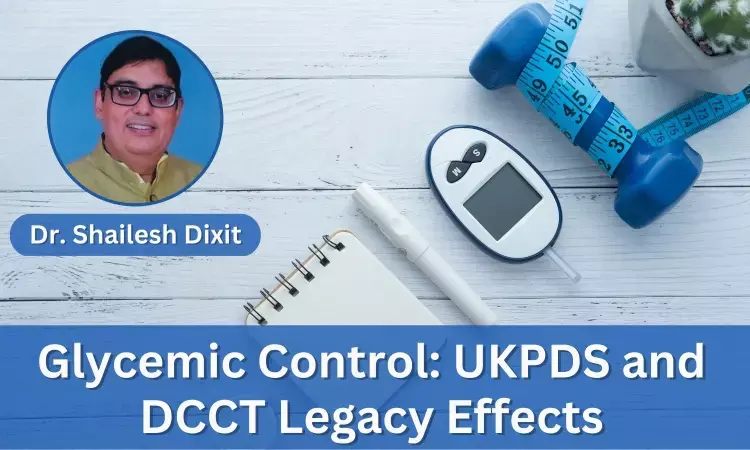- Home
- Medical news & Guidelines
- Anesthesiology
- Cardiology and CTVS
- Critical Care
- Dentistry
- Dermatology
- Diabetes and Endocrinology
- ENT
- Gastroenterology
- Medicine
- Nephrology
- Neurology
- Obstretics-Gynaecology
- Oncology
- Ophthalmology
- Orthopaedics
- Pediatrics-Neonatology
- Psychiatry
- Pulmonology
- Radiology
- Surgery
- Urology
- Laboratory Medicine
- Diet
- Nursing
- Paramedical
- Physiotherapy
- Health news
- Fact Check
- Bone Health Fact Check
- Brain Health Fact Check
- Cancer Related Fact Check
- Child Care Fact Check
- Dental and oral health fact check
- Diabetes and metabolic health fact check
- Diet and Nutrition Fact Check
- Eye and ENT Care Fact Check
- Fitness fact check
- Gut health fact check
- Heart health fact check
- Kidney health fact check
- Medical education fact check
- Men's health fact check
- Respiratory fact check
- Skin and hair care fact check
- Vaccine and Immunization fact check
- Women's health fact check
- AYUSH
- State News
- Andaman and Nicobar Islands
- Andhra Pradesh
- Arunachal Pradesh
- Assam
- Bihar
- Chandigarh
- Chattisgarh
- Dadra and Nagar Haveli
- Daman and Diu
- Delhi
- Goa
- Gujarat
- Haryana
- Himachal Pradesh
- Jammu & Kashmir
- Jharkhand
- Karnataka
- Kerala
- Ladakh
- Lakshadweep
- Madhya Pradesh
- Maharashtra
- Manipur
- Meghalaya
- Mizoram
- Nagaland
- Odisha
- Puducherry
- Punjab
- Rajasthan
- Sikkim
- Tamil Nadu
- Telangana
- Tripura
- Uttar Pradesh
- Uttrakhand
- West Bengal
- Medical Education
- Industry
UKPDS and DCCT Legacy Effects: Importance of Early Treatment of Hyperglycemia

People with diabetes benefit from better target glycemic control in the early years following diagnosis and can prevent threatening vascular complications; a long-term follow-up of the Diabetes Control and Complications Trial (DCCT) and the UK Prospective Diabetes Study (UKPDS) cohorts has reported.
The follow-up of DCCT and UKPDS cohorts, which has been published in Diabetes Care, bring out a direct relationship between all hemoglobin A1c (HbA1c) levels and the risk of complications.
They concluded that a treatment goal of HbA1c less than 7.0 % is realistic and appropriate, and improved glycemic control at this level can reduce several complications associated with diabetes.
Additionally, they predicted that maintaining a 1.0% decrease in HbA1c from diagnosis might lower the risk of death by 19% as opposed to 2.7% when the same improvement was delayed for ten years.
DCCT and UKPDS Unveil Key Insights to Glycemic Control Management:
The DCCT and UKPDS provide further details on earlier accounts of the long-term implications of a brief glycemic control period.
They explored the contribution, effects, and preventive measures of complications associated with diabetes, integrating the necessity of keeping the HbA1c level below 7%.
The DCCT sought to evaluate the favourable benefits of intensive therapy on individuals with type 1 diabetes' risk of cardiovascular disease.
The trial enrolled young people with type 1 diabetes (mean age 26 years) for an average of 6 years. Over 6.5 years, the randomised treatment phase maintained an HbA1c difference of about 2.0%. The progression of new or existing retinopathy was the endpoint. Due to the ageing of the population, there were too few cardiovascular events to analyse.
Within a year of type 2 diabetes diagnosis, the UKPDS enrolled an older population (mean age 56 years), randomising individuals with increased fasting plasma glucose after three months of lifestyle management. HbA1c levels in both arms gradually worsened over the course of ten years, although the between-treatment difference remained at about 1.0%. Composites of medical events, such as any diabetes-related event (including cardiovascular and microvascular outcomes), deaths from diabetes-related causes, and deaths from any cause, were the major end points utilised to evaluate treatment differences.
Despite their variations, the research' similar methods for long-term follow-up enable the building of a simple model of the natural history of outcomes associated with diabetes, which links glycemic control to late complications.
- The UKPDS and the DCCT showed that near normoglycemia might significantly slow the onset and progression of microvascular complications.
- The DCCT and the UKPDS noted clinical decreases in cardiovascular diseases linked to reducing blood glucose levels.
- They predicted that maintaining a 1.0% decrease in HbA1c from diagnosis might lower the risk of death by 19% as opposed to 2.7% when the same improvement was delayed for ten years.
The DCCT/EDIC and UKPDS investigators concurred that limiting problems in later years begins in the first few years following a diabetes diagnosis.
This accentuates a crucial clinical point strongly. Good glycemic control must begin early and be maintained for a long time. Both type 1 and type 2 diabetes would benefit with such treatment goals.
To take advantage of these advances, it is important to pursue appropriate glycemic control, prevent both hyper- and hypoglycemia, and establish an individualised approach for diabetes patients to reach their target HbA1c levels.
Dr Shailesh Dixit, MBBS, MD, is a Senior Consultant Diabetologist & Physician at SMS Hospital and Medical College, Jaipur. Dr Dixit has more than 28 years of experience in the field of Diabetes and Medicine.
Dr Kamal Kant Kohli-MBBS, DTCD- a chest specialist with more than 30 years of practice and a flair for writing clinical articles, Dr Kamal Kant Kohli joined Medical Dialogues as a Chief Editor of Medical News. Besides writing articles, as an editor, he proofreads and verifies all the medical content published on Medical Dialogues including those coming from journals, studies,medical conferences,guidelines etc. Email: drkohli@medicaldialogues.in. Contact no. 011-43720751


